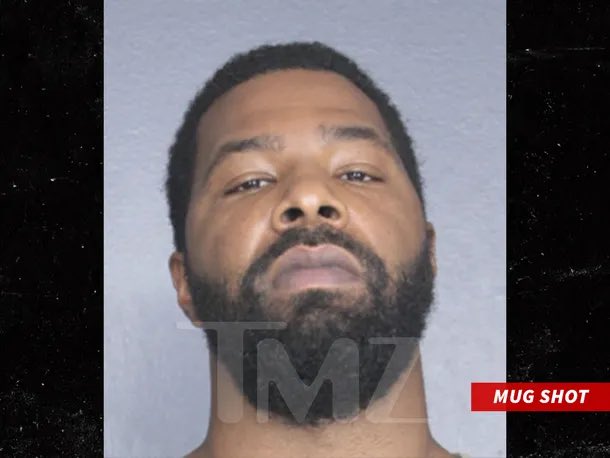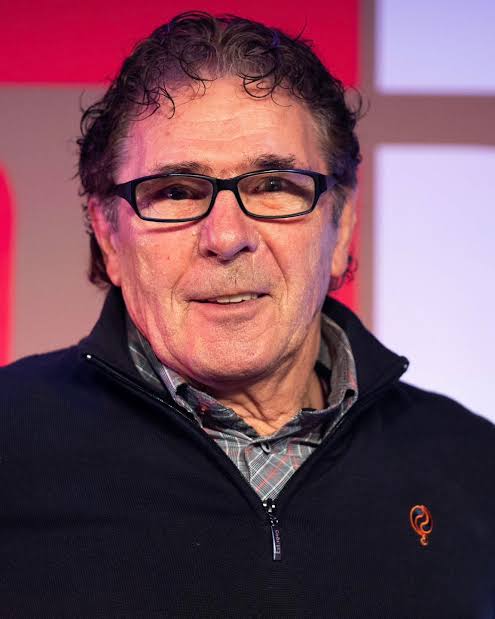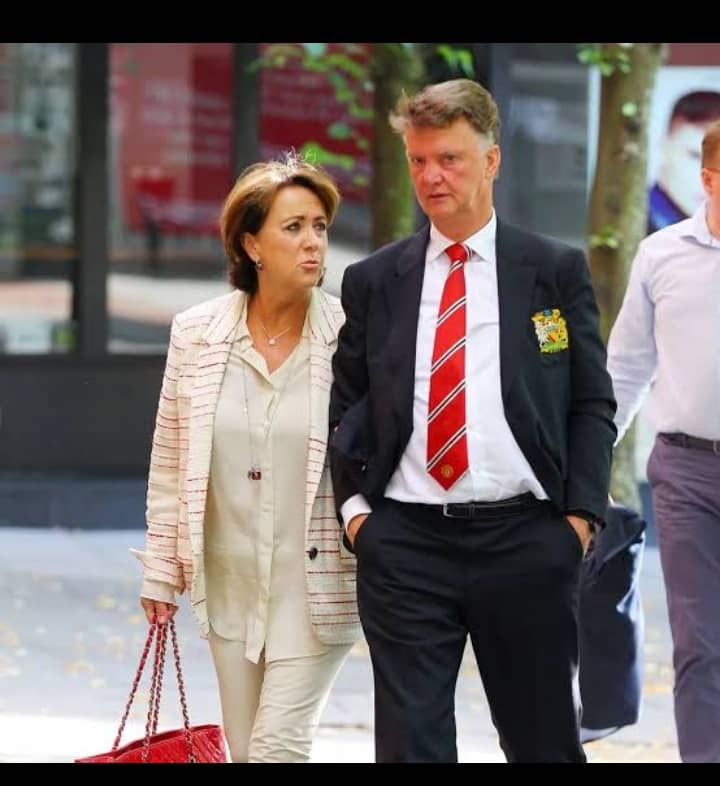
Marcus Morris Sr., a name well known in the NBA for his on-court toughness and veteran presence, now finds himself at the center of a serious legal controversy. According to recent reports, Morris is facing charges related to an alleged long-running fraud scheme that has reportedly cost multiple NBA teams millions of dollars over several years. This unexpected development has sent shockwaves through the basketball community and raised questions about the integrity of financial dealings within professional sports.
The allegations suggest that Morris, who has played for various NBA teams throughout his career, may have been involved in fraudulent activities that deceived team management and financial officers. While the exact details of the scheme remain under investigation, sources close to the case indicate that it could involve falsifying documents, manipulating contracts, or misappropriating funds intended for salaries, bonuses, or endorsements.
This case is significant because it touches on the broader issue of financial accountability in professional sports. NBA teams operate with complex financial structures, including salary caps, player incentives, and sponsorship deals, all of which require meticulous oversight. If proven true, the charges against Morris could expose vulnerabilities in how teams vet and manage player-related finances.
Marcus Morris Sr. has been respected for his gritty style of play and professionalism on the court, making these allegations all the more startling. Throughout his career, Morris has been praised for his work ethic and leadership, traits that seemingly contrast with the nature of the accusations. This dissonance has left fans and analysts alike grappling with the reality that even established, high-profile athletes can become embroiled in legal controversies.
NBA officials and team representatives have so far refrained from commenting extensively on the matter, likely due to ongoing investigations and potential legal repercussions. However, the league’s commitment to integrity suggests that if Morris is found guilty, severe penalties—including fines, suspensions, or even bans—could be forthcoming.
The impact on Morris’s career could be substantial. Beyond legal consequences, such charges can damage an athlete’s reputation and relationships within the league. Sponsors and partners often distance themselves from players facing serious allegations, which could affect Morris’s earning potential off the court.
This unfolding story also serves as a reminder of the importance of transparency and ethical conduct in sports management. As professional leagues grow increasingly lucrative, maintaining strict financial controls is essential to preserving trust among fans, players, and stakeholders.
As the investigation continues, the sports world will be watching closely for updates. Marcus Morris Sr.’s situation is a cautionary tale that underscores how off-court actions can dramatically affect even the most established athletes and their legacies. Fans and analysts alike await further details that will clarify the scope of the allegations and the potential repercussions for all parties involved.






